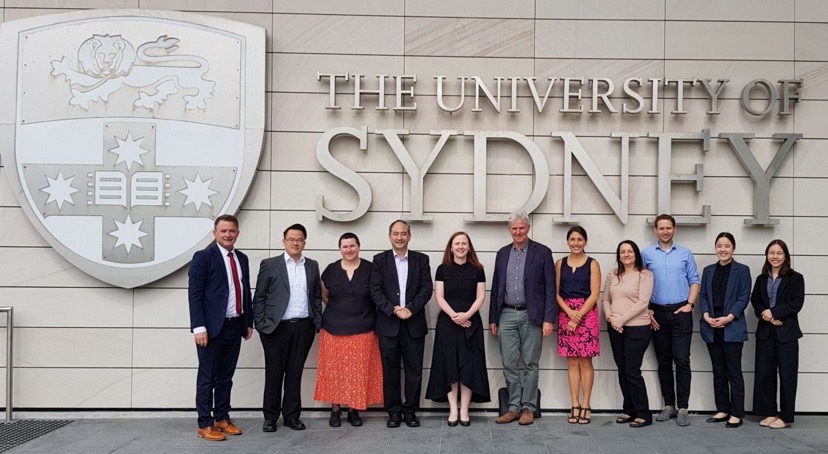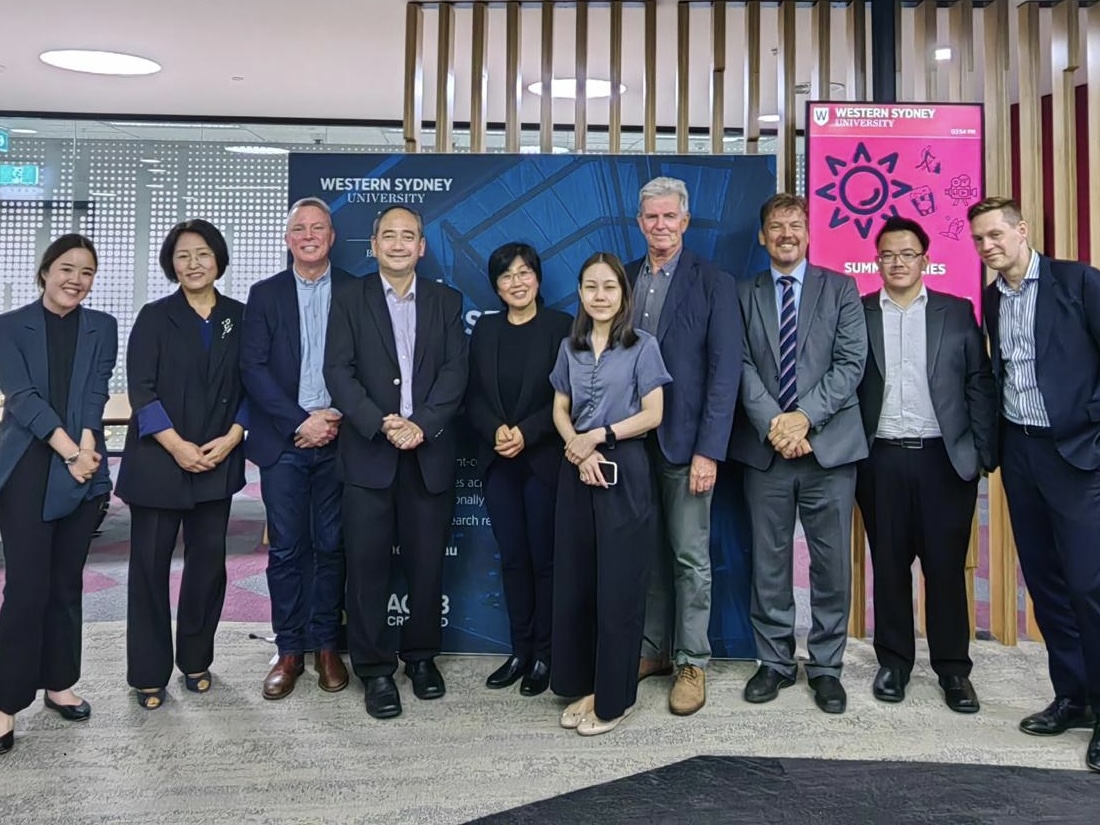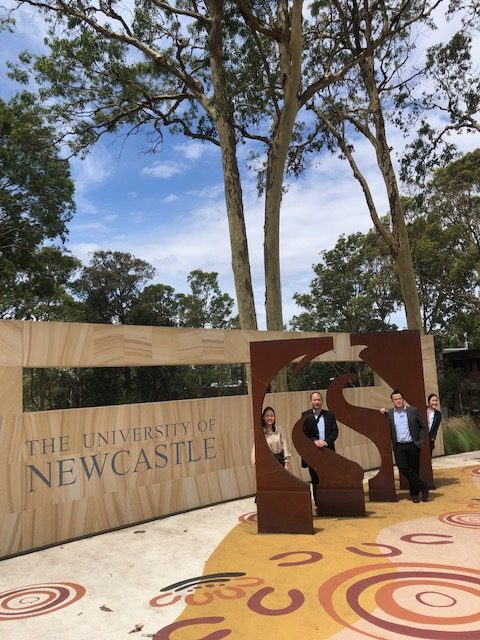Building ASEAN Australian Education Partnerships and Addressing Regional Priorities
Introduction
Australian government foreign policy is refocusing on Southeast Asia and particularly on our relations with the Association of Southeast Asian Nations (ASEAN). The challenge between now and 2030 is to develop stronger ASEAN relationships with key education stakeholders in individual ASEAN member nations and the peak body education architecture driving ASEAN regional connectivity.
For many, the “fields of gold” in China have been joined by a “marketing supertrail” to the Indian subcontinent, with Southeast Asia the region that one now flies over to get to the real markets. The international education sector hopes for a quick turnaround in students from China despite the logistical challenges and the realisation our biggest customer is now seen as a military threat. South Asia faces high rejection numbers for student visa applicants.
We have overlooked the importance of strategic engagement in our region and opted for a return to “business as usual.” In 2022 China, India and Nepal provided over 53% of all international student enrolments.
Government Investment in the ASEAN Australia Comprehensive Strategic Partnership.
Under the ASEAN Australia Comprehensive Strategic Partnership, our government has launched the Aus4ASEAN Strategy. This includes an Education and Training investment in 100 new Aus4 ASEAN scholarships with10 for each ASEAN member country and support for 350 vocational scholars. These scholarships are in addition to the Australia Awards which apply to Vietnam, Indonesia, Laos, Cambodia, Myanmar, and Timor Leste, soon to be ASEAN’s newest member.
Deepening Australia’s Education Sector Engagement with ASEAN and Supporting the United Nations Sustainable Development Goals (SDG’s)
Australia’s international education sector has a key role to play in making mutually beneficial regional relationships. Some stakeholders have taken further initiatives over the last 5 years to ensure that they deepen ASEAN engagement and connect with ASEAN regional education organisations driving student mobility, quality assurance, research linkages and English language best practice. Australian and ASEAN universities have performed strongly on Times Higher Education (THE) Impact Rankings, aligned with the SDG’s. In 2022 Western Sydney University ranked 1 in the world for social, ecological, and economic impact. University of Tasmania ranked 1 globally for Action on Climate Change.
Many ASEAN universities work towards greater policy alignment to the SDG’s, with Universitas Sains Malaysia (USM) Georgetown, Penang and the University of Indonesia showing improved Impact Rankings and providing ASEAN regional leadership.
Building Trans National Education (TNE) Partnerships
Australian offshore TNE campuses across ASEAN currently target private students. In the future they may attract scholarship students helping the Australian scholarship budget go further while building regional postgraduate research partnerships and mobility hubs for Australian students studying language, culture, and subject disciplines.
Regional university campus development requires real commitment to quality assurance and investment in English language skills development for both students and locally engaged staff. English is the official language of ASEAN however significant gaps remain.
Global Competition in ASEAN
Over the last decade the European Union (EU) has locked in long term strategic partnerships in higher education with both the ASEAN Secretariat and ASEAN University Network (AUN) under the EU support for higher education (SHARE) program, a (Euro 15 million) investment. The EU has maximised media and public relations coverage for what is a modest but targeted investment, with relatively low numbers of students on scholarship and mobility programs.
Few European universities and academics however have the depth of research experience that key Australian universities have with ASEAN. The current Indonesian Ambassador to Australia HE Dr. Siswo Pranomo graduated with a PhD in political science from the Australian National University (ANU). Other Australian universities also have strong regional research networks, including the Sydney Southeast Asia Centre at the University of Sydney, the Griffith Asia Institute and the Australian National Centre for Oceans Research and Security (ANCORS) at the University of Wollongong.
Germany, China, Japan, South Korea, and India have built strong education partnerships with ASEAN peak bodies and industry via targeted scholarships, internships, capacity building and skills training programs. In August 2022 the ASEAN-India Network of Universities was inaugurated.
Education media and event company Times Higher Education (THE), convened the inaugural THE Campus Live Southeast Asia Conference in Singapore in December 2022. The 15+ Australian campuses across Indonesia, Singapore, Malaysia, Thailand, and Vietnam could benefit from the connectivity and networking opportunities provided by the THE focus on ASEAN.
The ASEAN University Network and Australia
In November 2019 and December 2022, senior AUN leadership made self-funded scoping visits to Australia. Study NSW, part of NSW Trade and Investment, provided project management support for the 2022 visit. AUN is addressing English language capacity at AUN member universities and believes University English Centres Australia https://ueca.edu.au/ and Australia’s National ELT Accreditation Scheme https://neas.org.au can help.
In January 2023 NEAS Australia and AUN signed a MOU to provide a framework for this cooperation. In May 2023 Dr Choltis Dhirathiti, Executive Director of AUN, will address the annual NEAS Management Conference in Sydney, accompanied by selected ASEAN universities keen to progress cooperation for mutual benefit.
The Roadmap to 2030
In 2023 Indonesia is the Chair of ASEAN while AUN, ASEAN Secretariat and DFAT are targeting five engagement priorities towards 2030: English Language Capacity Building, Higher Education Research, Climate Change Education, Maritime and Health Security and Regional Qualifications Harmonisation.
Australia can partner on addressing these priorities, as well as in helping establish an ASEAN Australia University Network. If we lose the opportunity to be a partner of choice, others will happily take that role.
Michael Fay is a Director at ASEAN Focus Group (https://afgventuregroup.com) and Convenor of ASEAN Australia Education Dialogue (https://aseanaustraliadialogue.com). He will be joining the Executive Directors of both AUN and NEAS at the Asia Pacific Association for International Education (APAIE) Conference Bangkok March 2023 for an “ASEAN Australia Education Partnerships” discussion, chaired by Julie Wilkins McMahon, the APAC Director of Times Higher Education.
ASEAN University Network (AUN) visit to the University of Sydney
Photo courtesy of University of Sydney
December 1st 2022
ASEAN University Network (AUN) visit to the University of Sydney
Photo courtesy of University of Sydney
December 1st 2022




